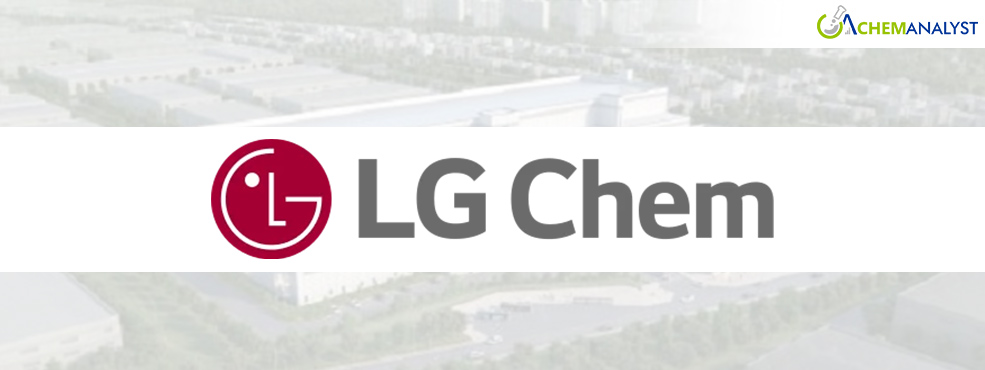Welcome To ChemAnalyst

LG Chem has announced its decision to halt octanol production at its Naju plant, signaling a significant shift in its operational strategy. This move, revealed on December 1, is part of the company’s broader cost-cutting and efficiency-driven approach. As part of this realignment, LG Chem will consolidate its octanol production at the Yeosu plant, which offers logistical and operational advantages critical to maintaining competitiveness in a challenging market, as reported by BusinessKorea.
The company has assured that no layoffs will occur as a result of this decision. Instead, LG Chem plans to reassign approximately 100 employees currently working at the Naju facility to its Yeosu and Daesan plants. The reassignment process will be conducted after thorough consultations to ensure a smooth transition for all affected workers. This commitment to retaining its workforce highlights LG Chem’s focus on managing change responsibly while addressing evolving industry demands.
The Naju plant, which historically manufactured octanol, plasticizers, acrylics, adhesives, and catalysts, has been gradually winding down operations over the past year. In December 2023, the plant ceased acrylic production as part of earlier restructuring efforts. This year, the company initiated the phased discontinuation of its octanol business, reflecting the broader downturn in the petrochemical sector.
The global petrochemical industry has been under considerable strain due to an oversupply of low-cost products from Chinese manufacturers, a trend that has severely impacted the competitiveness of companies like LG Chem. Additionally, the logistics challenges associated with the Naju plant, located inland, have added to the cost pressures. Transporting products to the nearest port for export involves significant expenses, further eroding the plant's profitability. An LG Chem representative explained, "It is challenging to secure competitiveness due to the high logistics costs incurred when transporting products from the Naju plant to the port for export."
In contrast, the Yeosu plant, situated near maritime logistics hubs, offers cost-saving opportunities that are essential in the current market climate. Consolidating octanol production at Yeosu is expected to streamline operations, reduce transportation costs, and enhance profitability. This decision reflects LG Chem’s strategic focus on leveraging facilities that provide operational efficiencies and logistical advantages.
The challenges faced by LG Chem are emblematic of broader industry trends, where fluctuating demand, intense competition, and price pressures have prompted companies to rethink their strategies. By consolidating operations and optimizing its asset base, LG Chem aims to navigate these challenges effectively.
Through this realignment, LG Chem demonstrates its commitment to adapting to market dynamics while safeguarding its workforce and reinforcing its competitive edge. This decision marks a proactive step toward ensuring long-term sustainability and resilience in a rapidly evolving industry landscape.
We use cookies to deliver the best possible experience on our website. To learn more, visit our Privacy Policy. By continuing to use this site or by closing this box, you consent to our use of cookies. More info.
